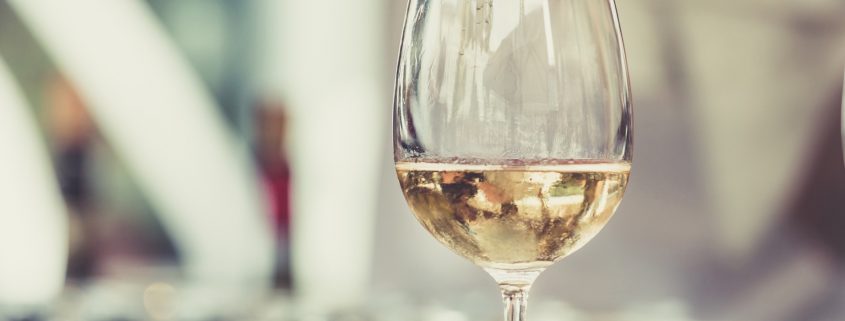Wine O’clock
Do you occasionally drink alcohol as a means to sleep better? Do you feel refreshed after the nights’ where you have been drinking alcohol prior to bedtime? For many people the answer is yes to the first and no to the second.
So what does alcohol do to your sleep?
Research has shown that alcohol tricks people into thinking they are getting better sleep (Scott Krakower). Irshaad Ebrahim, medical director at The London Sleep Centre in the U.K., explains that while alcohol may help induce sleep, overall it is largely disruptive, particularly during the second half on the night when alcohol is metabolised. The more a person drinks the stronger the disruption.
How come? In a nutshell alcohol reduces and sometimes blocks REM sleep. REM (Rapid Eye Movement) is a critical component in getting restorative sleep. By stimulating the areas of the brain that are key for learning and the retention of memories, it allows your brain to develop important neural connections fundamental to overall wellbeing. It is essentially helping your brain process the day that has been, and prepares you for tomorrow by restoring energy and function; which is why being hungover involves feeling unfocused, tired and groggy.
Another downside to alcohol is its influence on the autonomic nervous system. Consuming alcohol reduces the restorative activity of the parasympathetic nervous system, and the sympathetic tone is increased. This increase is a reaction as the body deals with the toxicity of alcohol, but of course is not ideal for rest, repair and recovery.
If you are planning on drinking, try to increase the time between your last sip and your bedtime, allow your body and brain time to process the alcohol and make tomorrow morning a better experience!



